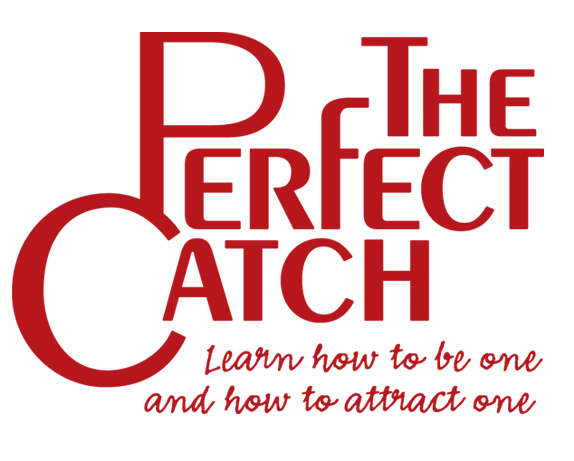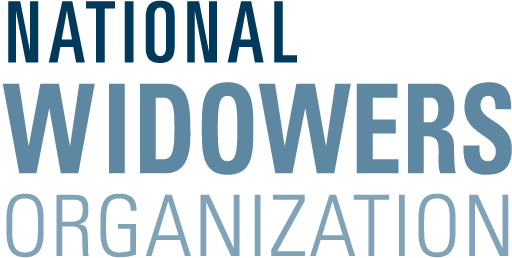Grieving is like a Roller Coaster in the Fog
From November 20, 2018

Christine Baumgartner, a widow and professional dating and relationship coach provides an ongoing blog addressing the needs of widowers and their families as they try to adjust to the challenges of entering new relationships. Visit her blog at ThePerfectCatch.com and and read her bio here.
I’m grateful to be writing to widowers with my thoughts on grieving and on dating after loss. My experience is personal (I was widowed six years ago) and professional (my coaching practice includes widows and widowers).
What was grieving like to me
I don’t think anyone could have prepared me for the pain, confusion, and hopelessness that came with being a widow. When my husband Tony died, I was already an experienced dating and relationship coach. I knew lots about how to help others (and myself) with questions about dating, long-term relationships, and spouses. But in 2012, I found out I knew very little about widowhood and grieving.
Since then, I’ve met many fellow travelers on my journey. And I’ve learned a lot. Personally (through a variety of widow groups) and professionally through my coaching practice.
From that terrible moment when I found Tony dead on the floor, my life started feeling like I was on a roller coaster in the fog.
This roller coaster had many unexpected ups and downs. And because of the “fog” I couldn’t see the ups and downs until they were right on top of me. And then, of course, I’d never be prepared for them (I imagine many of you can relate to this whether your loss was sudden or after a long illness).
At 18 months, I started to see more clearly (like watching a movie) the ways I’d maneuvered through that first year on the roller coaster.
On that first day, I could see how part of my brain had clamped shut with strong and large padlocks.
But even then, I “knew” that someday I would need to unlock those locks. I trusted that I would know when to do this (and it wouldn’t be soon).
What I now know is – I locked down the part of the brain that wasn’t ready yet to process the horrible trauma around Tony’s death.
Because of the lock-down, I was able to slog through the necessary papers, taxes, legal stuff, and other things. The lock-down gave me more access to the part of my brain that needed to stay very conscious of how much I could actually do every day and how much I couldn’t.
However, the lock-down also blocked the good things, like the sound and sight of my husband. Not that I didn’t realize he was dead. And I didn’t actually expect to see or hear him in person. What I was missing (and this truly surprised me) was I couldn’t replay any of our conversations in my head.
I couldn’t even imagine the scene I experienced so many times of him walking in the door after he came home from work. My memories of his voice and his face were locked up in that same place.
It’s hard to explain how exhausting grieving could be. To me, it felt like running a marathon with a huge, wet, wool blanket on while carrying bags of bricks. Therapy, family, and friends (yes, it’s taken a village of support) have been a tremendous help. I’ve come a long way in my six years of widowhood. And I’m looking forward to being a support person through your journey.

